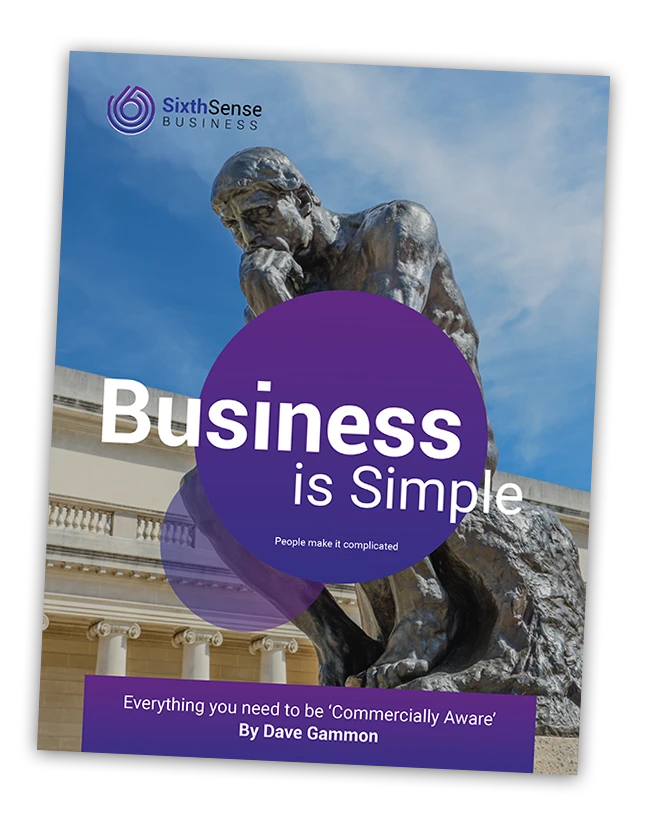The impact of your sense of identity on your decisions and actions primarily takes place in your subconscious, shaping you through processes that you remain largely unaware of. But every now and again, it can serve you up a clunker.
When I became a Business Coach, I did it via an international franchise that involved purchasing a (substantial) license and eleven days of training. You see, I hadn’t had any experience being a Business Coach and became convinced I needed the credibility of a licence behind me. So, I eagerly threw myself into the training and committed to giving it my everything.
Halfway through the training, something dawned on me.
When it came to business, I wasn’t learning anything that I didn’t already know. My time in Audit had already exposed me to all aspects of a business. I’d attended plenty of Leadership Development training, had directed an enormous business operation and worked in such a wide range of sectors I was almost certainly the expert in the room. And when I challenged some model elements based on my real-life experience, I was shouted down by the teachers (just like being at school again).
In a case of mistaken identity, I had parted ways with a massive chunk of money to learn nothing of value to me.
Some years later, I had a session with a psychology expert (my current mentor). Over the course of a weekend, he completely blew away the mythology I had been living with and helped me see just how powerful my existing skills, knowledge and experience were (using tools I now routinely use with my clients).
The game didn’t change for me when I learned something new.
It changed when I accessed a new perspective on myself. Your sense of identity is given a voice by your internal narrator — that seemingly constant voice in your head. It informs you about who you are, relative to what is going on and who is around you.
I see this in people that come onto the programs and events I run. They can be full of confidence in the safety of their own business, but when placed in a room with others, they become anxious, and they show up differently.
Everyone is dealing with a subtly different flavour of the same panic.
And I always start my sessions with an exercise designed to demonstrate that. In fact, recognising that everyone is fighting an internal battle, and making it all up as they go along, is a big part of reshaping your own identity.
As we grow and develop, our sense of identity is constantly updating as new information and insights permeate us. This presents us with the possibility that we can create shifts (sometimes dramatically) in our sense of identity. The kind of shifts that permanently change the game for us.
The starting point is to become aware of your own identity and its impact on your day-to-day. There is no need to judge it or change it; just see it for what it is—a huge made-up story.
When I sit in front of you, I see someone more than capable of going after whatever they want and growing themselves as individuals. All I need to do is get you out of your own way.
